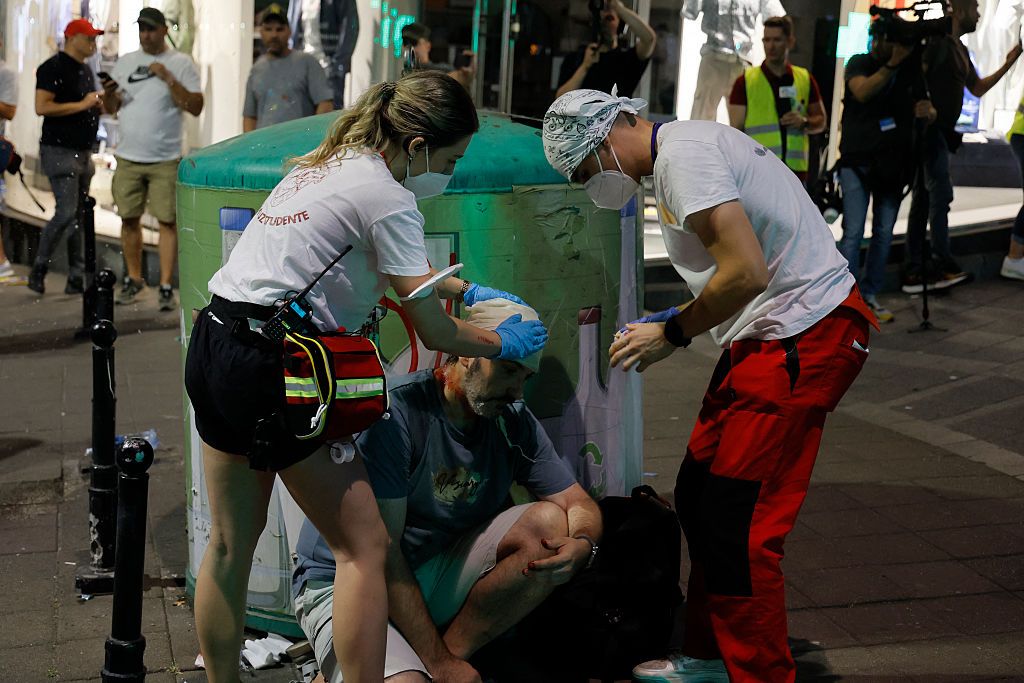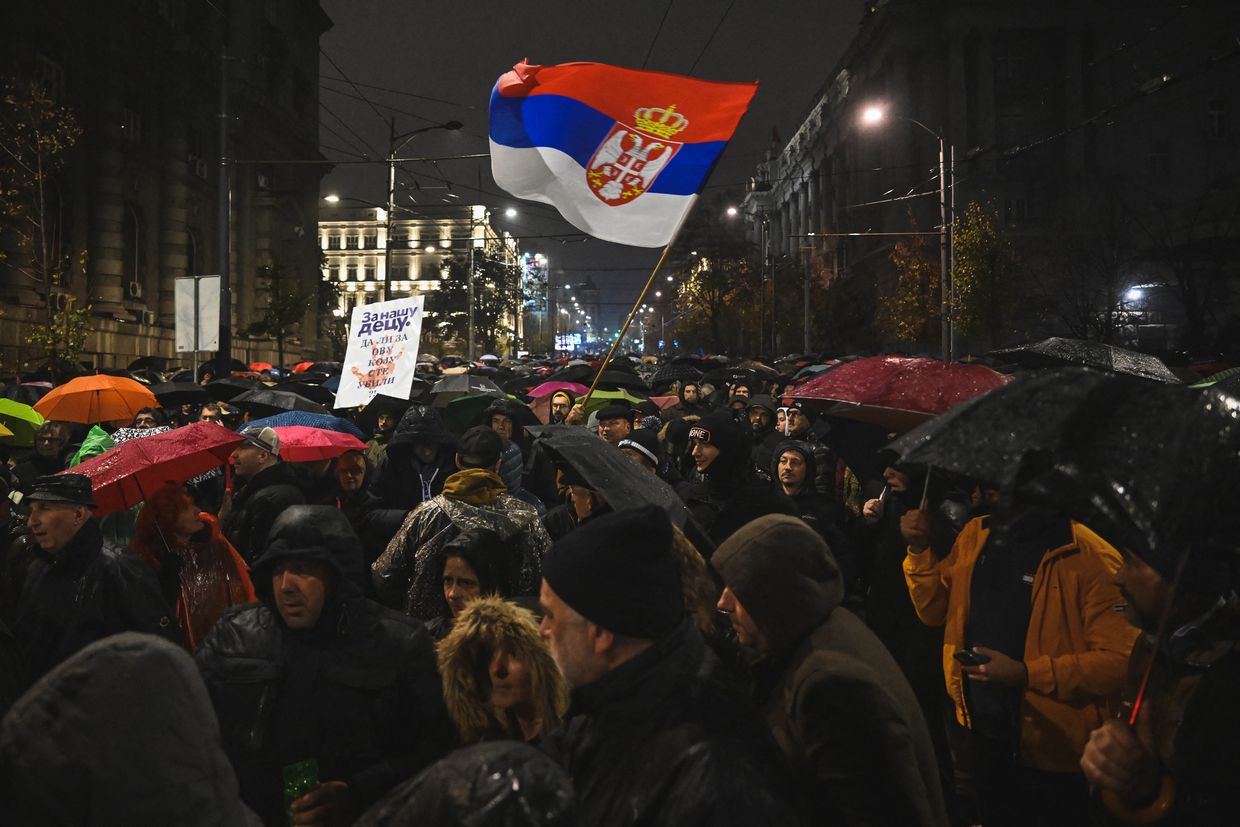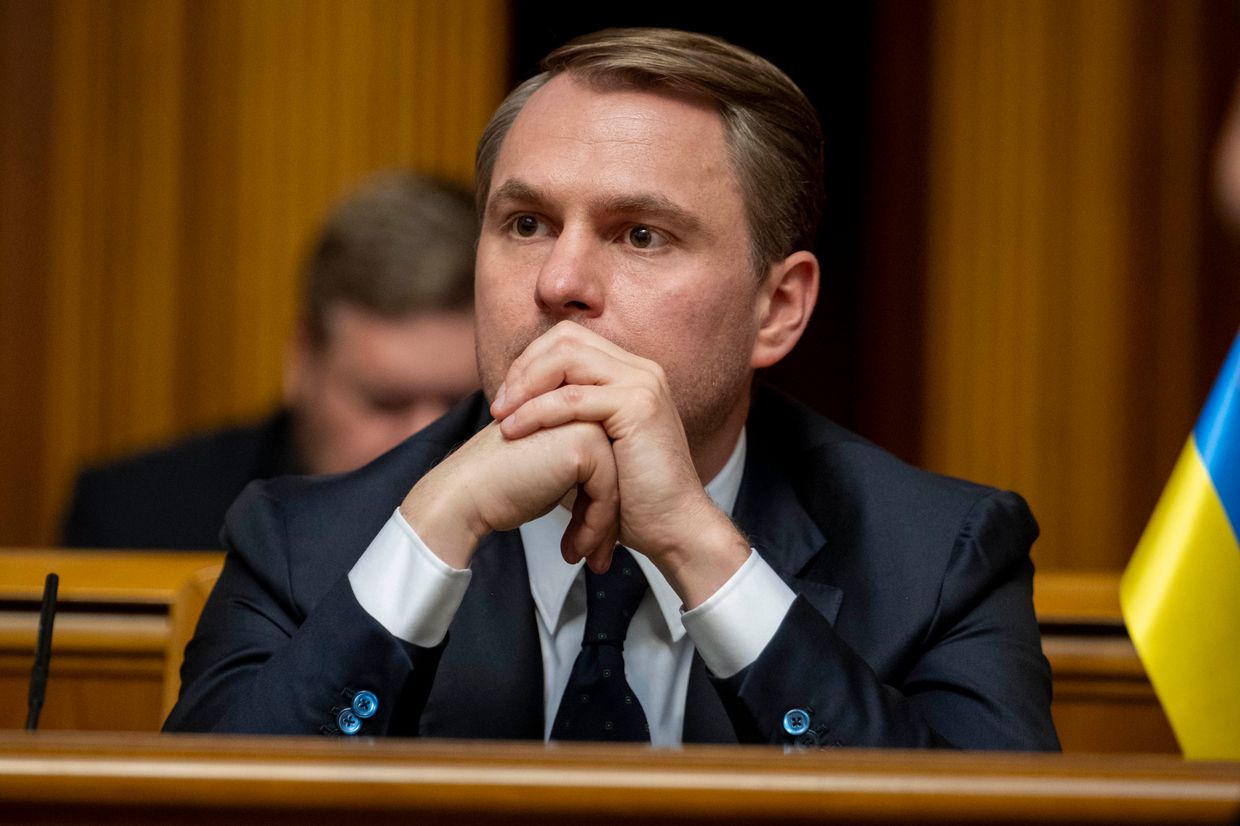ISW: The Kremlin’s Europe distraction playbook just opened to the Balkans chapter

The Institute for the Study of War (ISW) reports that the Kremlin is intensifying its campaign to destabilize the Balkans, likely as part of a broader effort to divide and distract Europe.
“The Kremlin has previously leveraged its relationship with Republika Srpska to further influence the Balkans, sow divisions in Europe, and undermine the US-backed Dayton Accords to throw the Balkans into turmoil,” ISW noted.
Lavrov meets Dodik in Moscow, targets Dayton peace framework
Russian Foreign Minister Sergei Lavrov met Milorad Dodik, President of Republika Srpska, in Moscow on 9 September. Republika Srpska is the Serbian political entity within Bosnia and Herzegovina. Lavrov and Dodik’s meeting marked the 30th anniversary of the signing of the Dayton Accords, which ended the 1992–1995 Bosnian War.
At a press conference following the meeting, Lavrov declared that the Dayton Accords brought an end to what he called NATO “aggression” during its 1995 Operation Deliberate Force. He stated that Russia is one of the guarantors of the December 1995 agreement and accused the West of having “trampled” the deal to seize “undivided control” over Bosnia and Herzegovina while depriving Serbs of their rights.
ISW: Kremlin aims to dismantle Dayton Accords to sow European division
The Institute for the Study of War (ISW) assessed on 11 September that the Kremlin continues its attempts to destabilize the Balkans and dismantle the Dayton Accords. According to ISW, this effort is part of a broader Kremlin campaign to fracture and distract Europe.
Lavrov warned that “destroying the consensus that underlies Bosnia and Herzegovina is… an invitation to another war in the Balkans.” He also praised Dodik’s plan to hold a referendum in Republika Srpska in October, claiming that “the West does not like referendums,” including Russia’s 2014 Crimea sham plebiscite, which he described as “transparent.”
ISW noted that Lavrov and Dodik met on the same day that Russian drones entered Polish airspace in a major incursion, suggesting a coordinated attempt to test NATO and EU unity.




